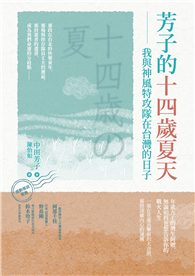In 1985, Abraham Verghese, M.D., was a man who had found his peace. A successful young doctor specializing in infectious disease, Verghese was proving himself in a field where hope was plentiful and progress seemed unlimited. Away from his office, he had created an existence where the pressures of the day dared not intrude, a world centered on his wife, his baby boy, and the town of Johnson City, Tennessee, nestled in the foothills of the Smoky Mountains. But Verghese's life was suddenly, swiftly thrown off its protected path by an unexpected visitor from the city - a young man long separated from his Tennessee home and family, a young man with AIDS. This young man was the messenger; in time, Verghese would be caring for eighty other patients - eighty more than the people of Johnson City would ever have imagined or the experts at the Centers for Disease Control would have predicted. In My Own Country, Verghese traces the penetration of the disease into the fabric of a town, weaving an incredible story from the lives and feelings of all the people it touches and changes forever. We expect tales of heroism and sadness; what is unexpected is the humor, the laughter, the minutely observed details of human existence when time is compressed in the crucible of AIDS. We meet the country family struggling desperately to heal its prodigal son, the son who could make them laugh but never felt he could make them proud; the factory worker raising her kids, nursing her dying husband and learning to live with her own HIV infection, becoming an integral part of a support group, developing friendships with gay men; a devout Christian couple infected through blood transfusions, quietly attempting to hide the disease from their children and fellow church members. Abraham Verghese is the first doctor to write at book length about his experience with AIDS patients; the result is an unforgettable human document. And yet, My Own Country is not only a profound record of one of the mos
| FindBook |
|
有 25 項符合
Verghese的圖書,這是第 3 頁 |
 |
$ 722 | My Own Country: A Doctor’s Story
作者:Abraham,Verghese 出版社:Random House Inc 出版日期:1995-04-25 語言:英文 規格:平裝 / 432頁 / 3.2*14*20.3 cm / 普級 / 單色印刷  看圖書介紹 看圖書介紹
|
|
|
圖書介紹 - 資料來源:博客來 評分:
|









